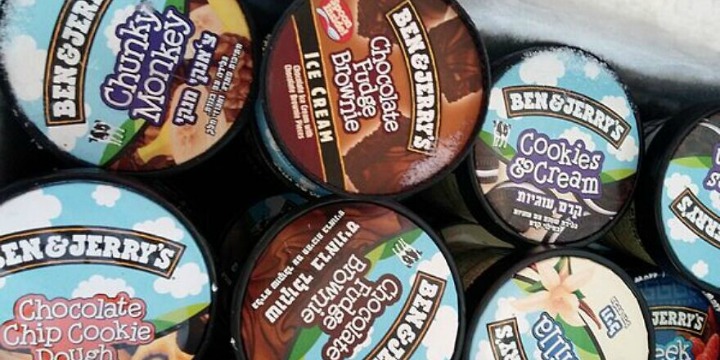Anuradha Mittal was the kind of person large corporations tend to avoid at all costs. She’d been politically awakened as a college student in India, working as a volunteer in Bhopal, where a leak at a Union Carbide Corp. pesticide plant in 1984 killed thousands of the city’s poorest residents. She considered becoming a lawyer or a judge there but instead moved to the US, where she spent almost a decade at an organization in Oakland, California, that combated, as she once wrote, “corporate control of our food system.” In 2004 she founded the Oakland Institute, a think tank devoted to issues such as the environment and indigenous rights. She wanted her organization’s name to invoke the birthplace of the 1960s-era Black Panther Party, and its research condemned what it referred to as “land grabs” by multinational corporations in Tanzania and Sierra Leone. The Nation deemed her “an essential commentator” who could school media outlets in the destructive role often played by “free-trade absolutists, international lenders and speculators.”
So in 2007, Mittal was surprised to get a call from Jeff Furman, a member of the independent board of Ben & Jerry’s, the ice cream company in Burlington, Vermont. Furman wanted her to join the board, which, she learned, was an anomaly in the corporate world: an in-house group devoted to pressing the company to take positions on issues that would make others blanch. The board was created in 2000 at the urging of the company’s founders, Ben Cohen and Jerry Greenfield, when Unilever Plc, the Anglo-Dutch consumer products conglomerate, purchased Ben & Jerry’s for $326 million. The board was primarily responsible for safeguarding the brand and making sure the company stayed true to its subversive roots by promoting its unabashedly progressive social mission. Furman was specifically interested in Mittal because of her unorthodox résumé. “I wanted someone who had a strong sense of social justice,” he says.
Mittal joined the board thinking she wouldn’t last long. Instead she became convinced that regardless of its corporate owner, Ben & Jerry’s was serious about carrying on the company’s radical legacy, like when the board endorsed Occupy Wall Street in 2011, and the company dished out ice cream at the protests. In 2018, Mittal replaced Furman as the board’s chairperson, and Ben & Jerry’s continued to patronize leftist causes, supporting migrant rights, opposing the Trump administration’s “regressive” policies and calling for the dismantling of White supremacy after the murder of George Floyd. Its activism seemed to dovetail with the interests of Unilever, which has its own stated aspirations to be a force for good rather than merely a vehicle for shareholder enrichment. Unilever’s chief executive officer, Alan Jope, even held up Ben & Jerry’s as a role model for the company’s brands, of which it currently has 400, including Hellmann’s, Dove and Axe Deodorant Body Spray.


